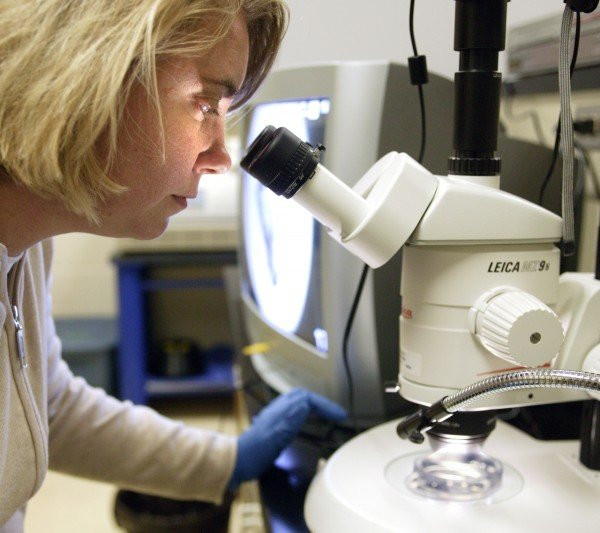Male fish producing eggs due to diabetes drug traces in freshwater

Freshwater contaminated with a diabetes drug is causing male fish to produce eggs.
Metformin, commonly taken for Type II diabetes, is not only causing intersex in fish, but also reduces the size of the fish, says a study by Rebecca Klaper, professor at the University of Wisconsin-Milwaukee School of Freshwater Sciences.
Metformin was the most common chemical in the water samples collected from Lake Michigan, leading the team to investigate its effects.
"It is the chemical we found in almost every sample and in the highest concentrations compared to other emerging contaminants -- even higher than caffeine," Klaper said.
Klaper determined that exposure to metformin doses similar to the amount in wastewater effluent caused physical changes in male fish.
Many studies have looked for the effect from hormones from birth control pills to explain the intersex fish.
The results of Klaper's study were initially surprising as metformin is not a hormone.
But metformin while largely prescribed as a diabetes drug is also given to women with a common hormonal disease called polycystic ovary syndrome.
The present work indicates metformin could be a potential endocrine disruptor that confuses the body's complicated hormonal messaging system, interrupting a range of normal activities, including reproduction.
In a previous study by the lab, when mature fish were exposed to metformin, the genes related to hormones for egg production were being expressed in males as well as females.
The researchers this time monitored fish that had continuous exposure to metformin from birth to adulthood.
The study was recently published in the journal Chemosphere.
The next step is to determine the corresponding changes in the genome.
© Copyright IBTimes 2025. All rights reserved.





















